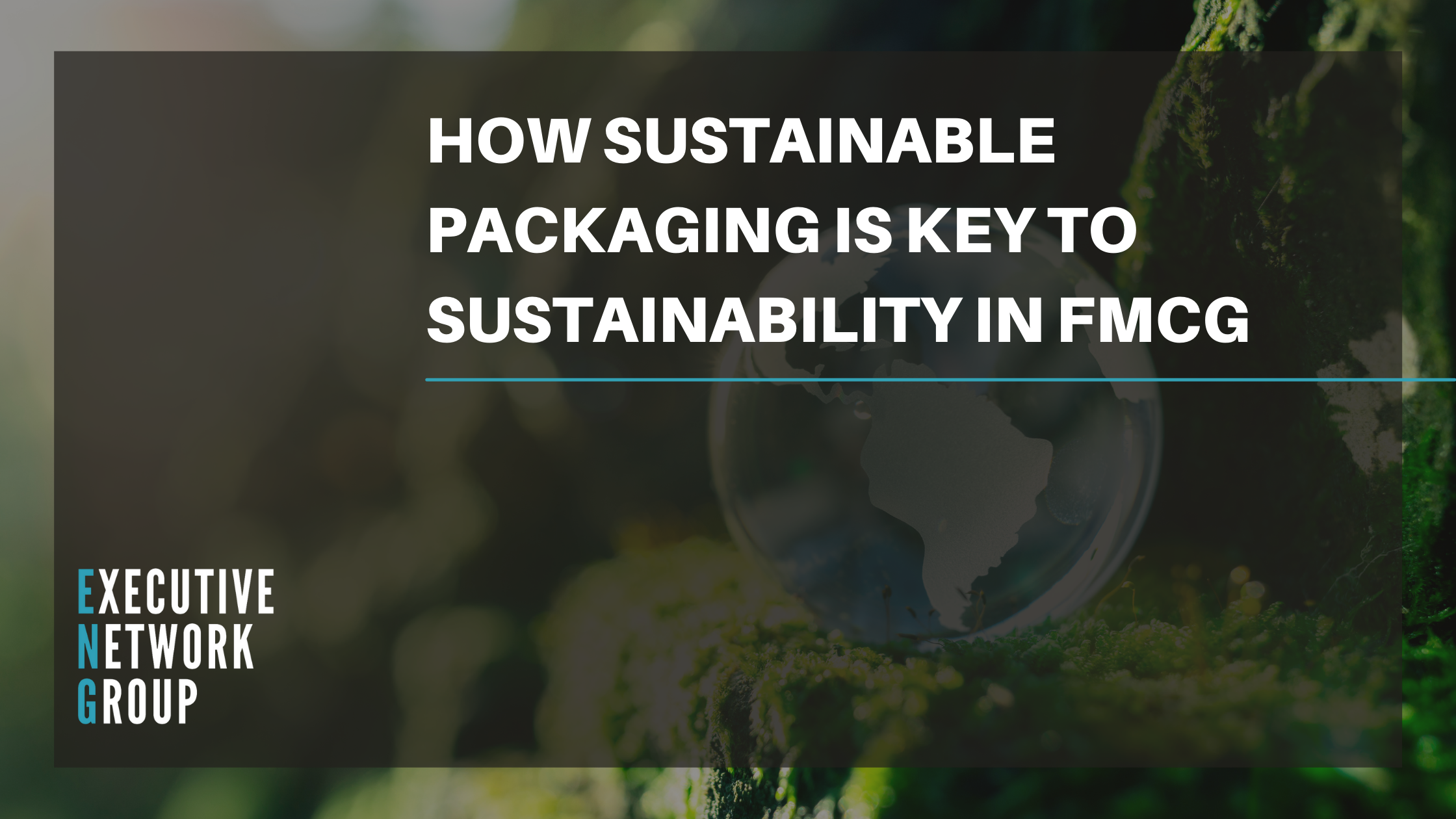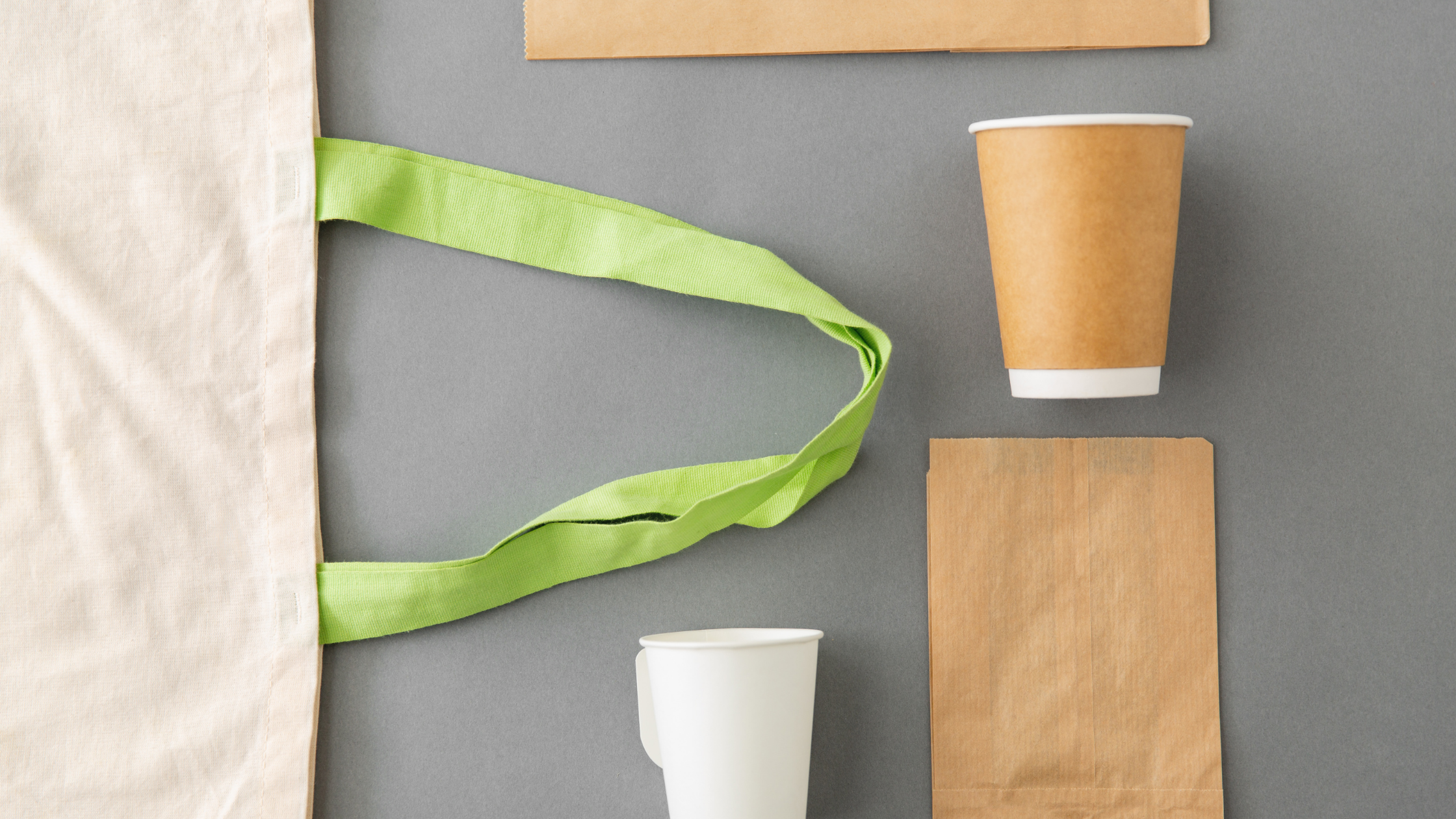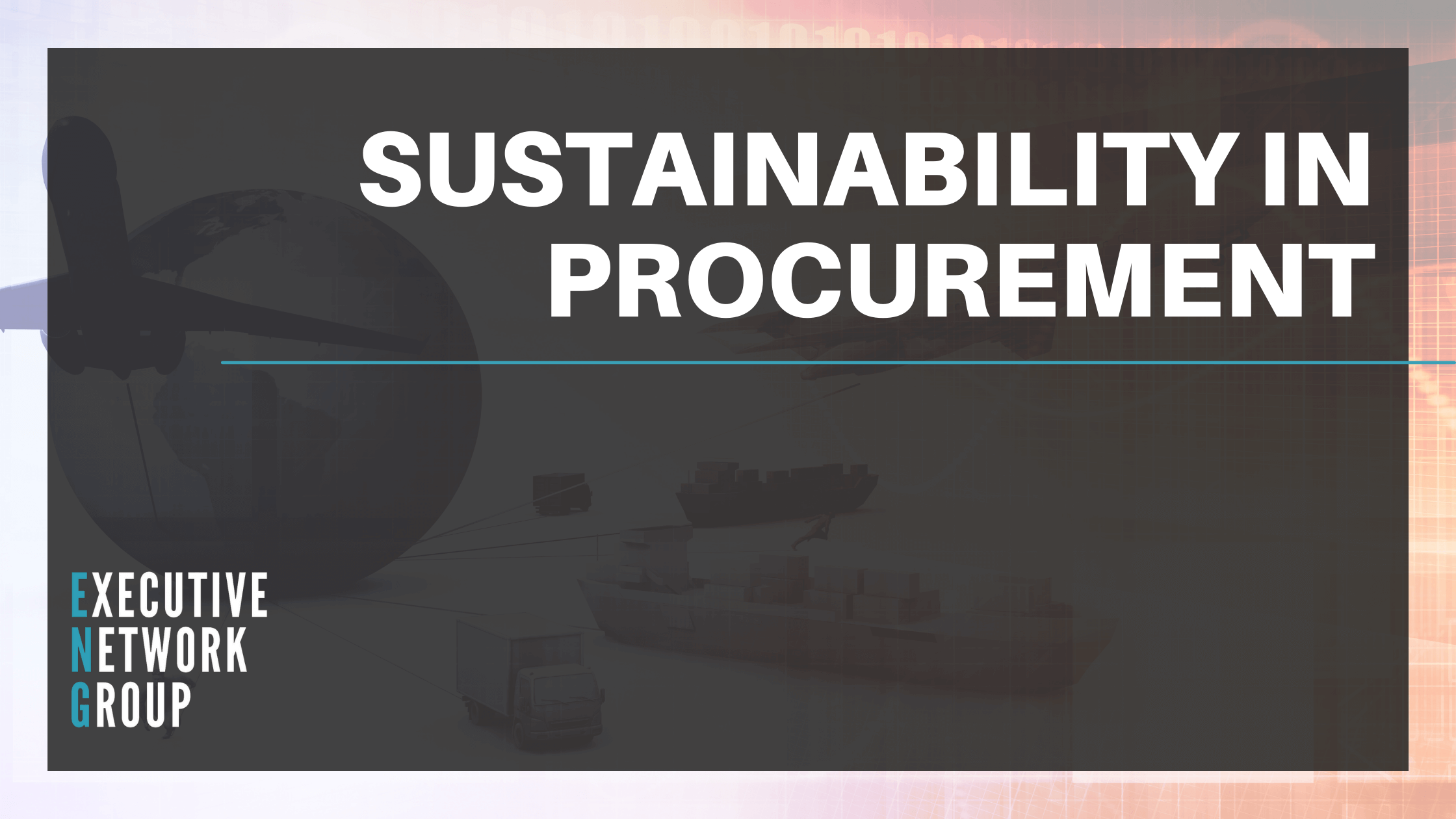How Sustainable Packaging is Key to Sustainability in FMCG

With the drastic rise of e-commerce in 2020 due to the fallout of the Covid-19 Pandemic and the resulting lockdowns that forced us inside, shut shops and compelled us to rely on online shopping and courier services to gather the necessities.
Supermarkets remained open but for people who wouldn’t or couldn’t mask up and brave the long lines outside Morrisons and ASDA – ordering a weekly shop online, filled with FMCG goods and a lot of loo roll, was the only way to buy everyday items that before, we took for granted.
According to Internet Retailing, e-commerce grew by 46% in 2020 – this being the biggest growth in more than a decade.
With this, a risk appeared. With the number of online orders showing up at people’s doors increasing, so would the amount of packaging waste, which could have had serious repercussions for the environment.
A report by the EAE Business School explains that the amount of packaging waste did increase during this period. Elena Búlmer, one of the report’s authors explained – “Due to the Covid-19 situation, the effect of increased packaging in household waste compounds the rise in waste generated by the use of facemasks, gloves and other sanitary material. The recommendation to mix these types of waste with all other household waste has limited waste processing and recycling, as a result of prioritizing prevention of infection during the waste collection and management process, thereby enhancing the negative impact”.

Due to this, the importance of sustainable packaging was paramount and FMCG organisations continue to strive toward the inclusion of more eco-friendly materials.
FMCG Gurus claim that 52% of global consumers believe that the amount of plastic used on product packaging is too high.
This is important as more and more consumers are beginning to cherry-pick their brands due to their sustainability initiatives. Company views on sustainability must match their consumers.
According to BillerudKorsnäs, it’s also a great way of building brand loyalty with customers. “Your packaging is the first and last impression customers have of your brand. If consumers can feel good about purchasing your product and reusing, recycling, or composting your packaging, they'll know that any future purchases they make from you will be a sustainable choice, too”.
Examples of sustainable packaging are alternatives to plastic (such as paper and cardboard), bio-placed plastics and recyclable plastics.
Using these alternatives to traditional plastics allows recycling systems to run smoother and biodegradable materials to be utilised in composting.
Global unmanaged dumping of all plastic material is estimated to be around 19%, and only 16% of all plastic waste generated undergoes re-processing to make new plastics. Approximately 25% of the global plastic waste suffers incineration, and 40% goes to landfills. Plastic packaging has come under scrutiny due to its low recycling rates and increased burden on the environment.” – Future Bridge
In summary, FMCG organisations will continue to push sustainable packaging as a vital initiative even though the e-commerce spike has started to dip somewhat after the 2020 boom. Using environmentally-friendly materials in supply chains is integral to customer loyalty, brand recognition and ESG schemes – making sustainability a solid requirement industry-wide.

.png)